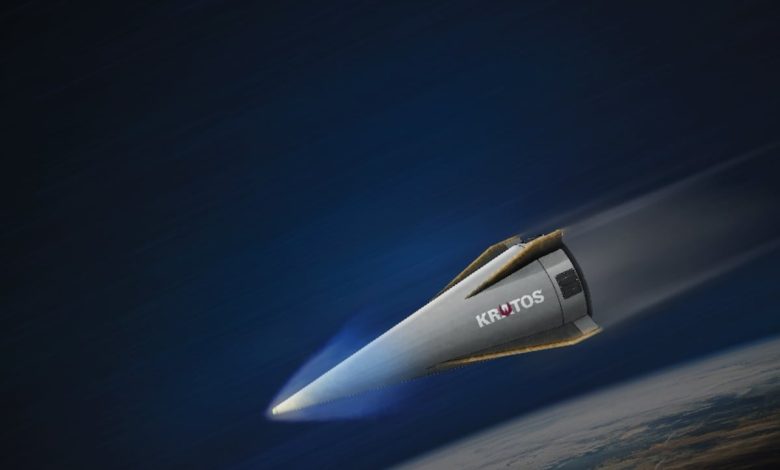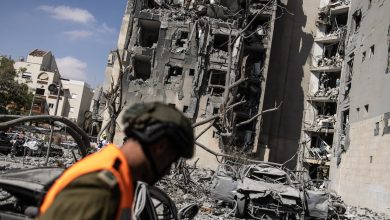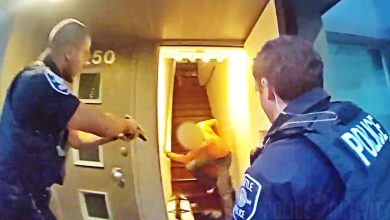Pentagon picks Kratos for hypersonic testbed program

The Pentagon awarded defense-technology firm Kratos a contract worth up to $1.45 billion to help increase its hypersonic flight-testing cadence.
The five-year contract is part of the second phase of the Pentagon’s Multi-Service Advanced Capability Hypersonic Test Bed program, or MACH-TB. The first phase of the program, led by Leidos, focused on designing and demonstrating a testbed. Through MACH-TB 2.0, the Pentagon wants to significantly increase the number of hypersonic test flights.
“MACH-TB 2.0 will provide an affordable bridge between hypersonic ground tests and system level flight tests. This will reduce overall hypersonic development risks and time and provide rapid transition of innovative hypersonic technologies to the warfighter,” Kratos said in a Jan. 6 statement.
The award, which is largest-ever for the company, follows major flight successes for two Kratos hypersonic systems. Its Erinyes vehicle flew in June as part of a Missile Defense Agency test, reaching hypersonic speeds on its first flight. The firm developed the vehicle in three years for under $15 million and is pitching the system as an affordable option for DOD’s hypersonic testing needs.
In October, the company’s Zeus solid rocket motors flew for the first time, paving the way for a potential production program in the first quarter of this year.
Kratos was a subcontractor for MACH-TB 1.0, which supported more than 25 test flights. For the program’s next phase, the firm will play a prime integration role, leading a team of contractors that includes Leidos, Rocket Lab and Purdue University.
Hypersonic systems can fly and maneuver at speeds above Mach 5. In recent years, the U.S. has made a push toward testing and fielding hypersonic weapons as China and Russia demonstrate progress on the technology. In November, Russia fired a hypersonic intermediate-range ballistic missile in Ukraine.
MACH-TB was created in 2022 as part of that push, with a goal of helping improve the Defense Department’s lagging hypersonic test infrastructure, which has slowed U.S. hypersonic weapons development. The effort is led by the Pentagon’s Test Resource Management Center and the Naval Surface Warfare Center’s Crane Division.
The program’s flying testbed is designed to validate hypersonic subsystems, advanced materials and other technologies as a system is being developed. Prior to the effort, programs rarely had opportunities to test individual systems and components in a hypersonic flight environment before a full-up flight test.
Courtney Albon is C4ISRNET’s space and emerging technology reporter. She has covered the U.S. military since 2012, with a focus on the Air Force and Space Force. She has reported on some of the Defense Department’s most significant acquisition, budget and policy challenges.







